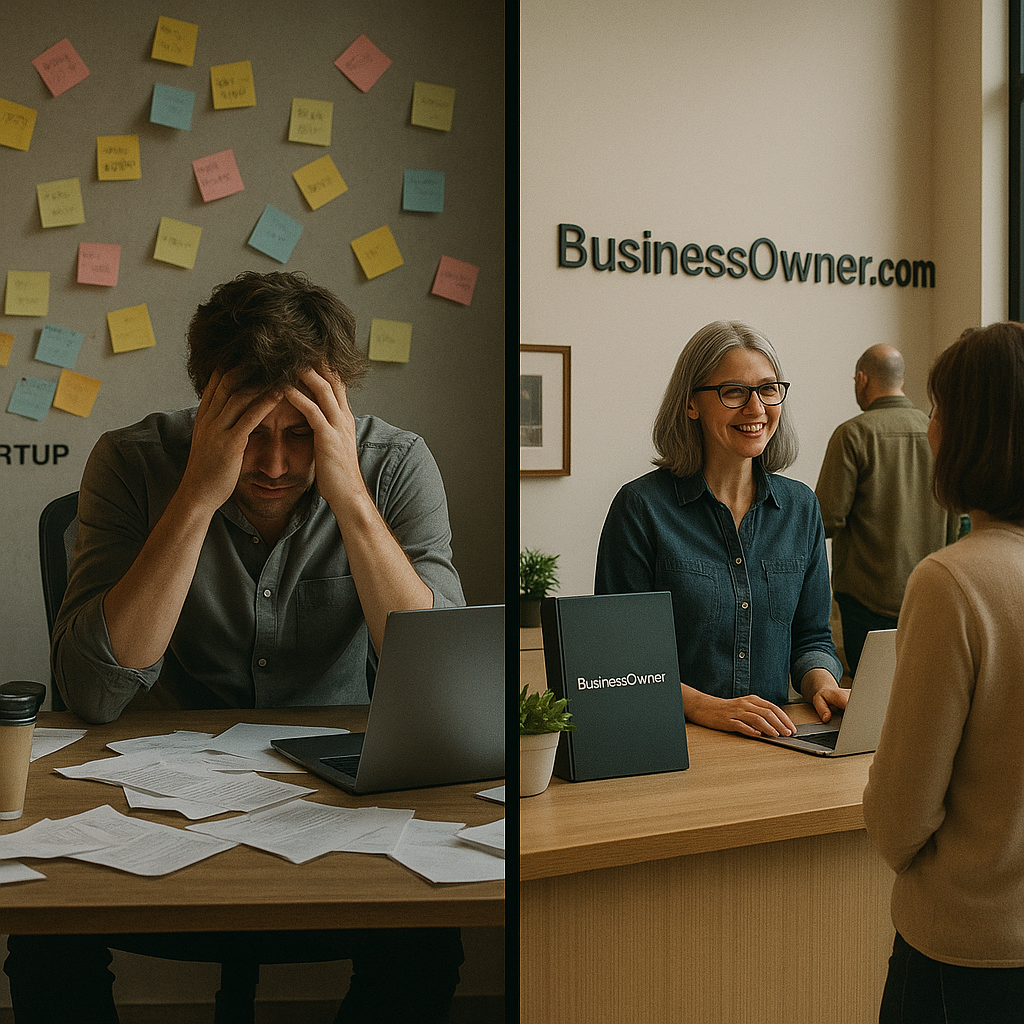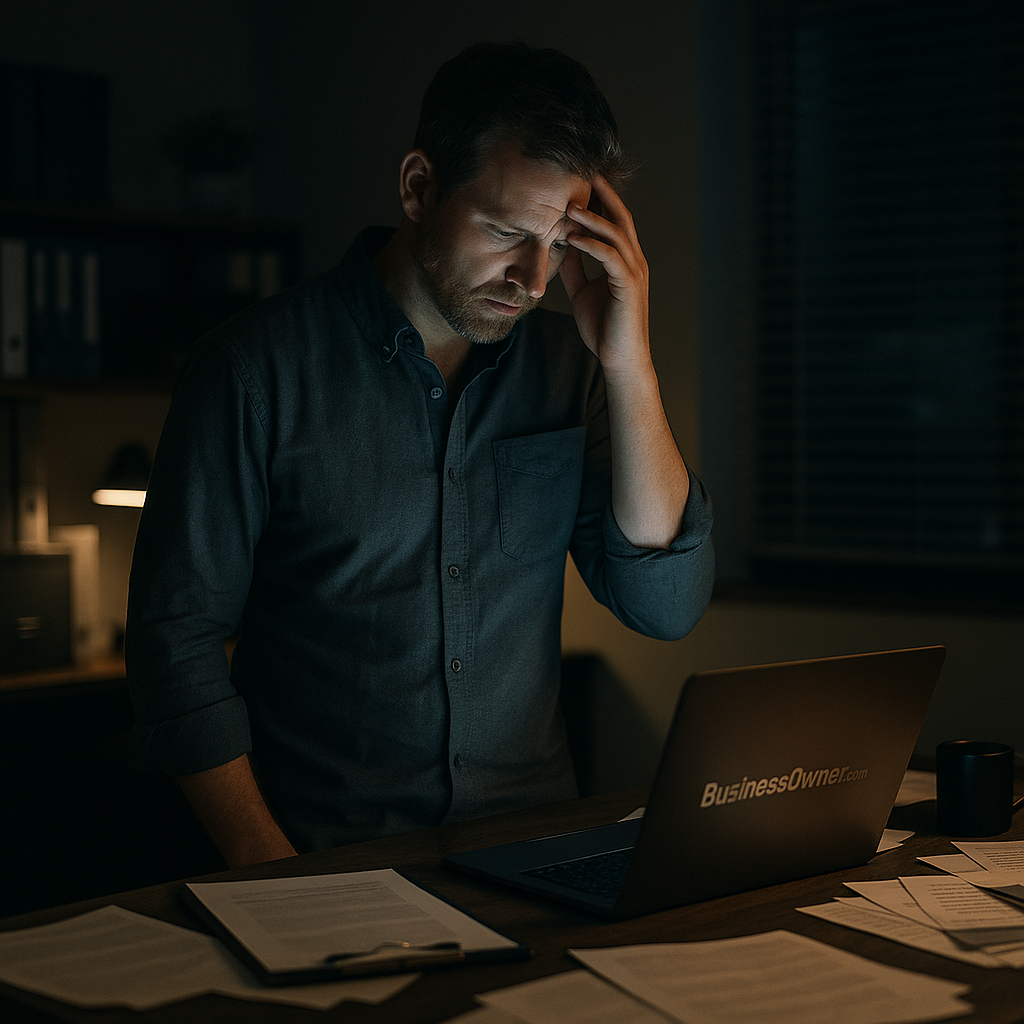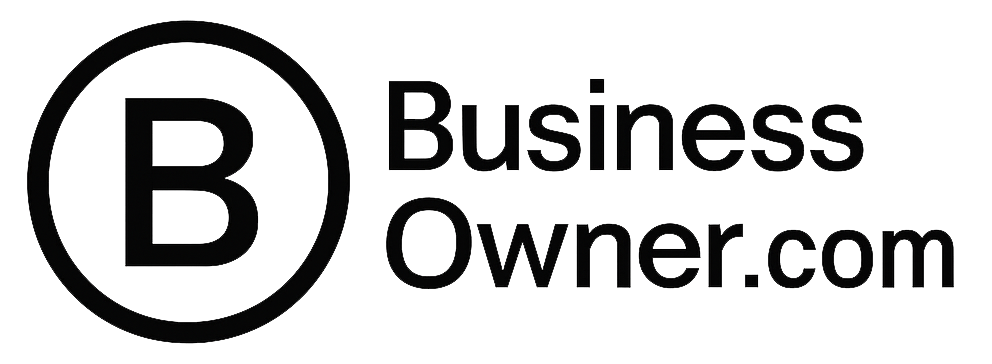Most Businesses Don’t Fail. The Owner Does.
People love quoting the stat that 95 percent of startups fail. It makes failure feel inevitable, like a storm you can’t avoid. Yet that number hides the real truth. Startups don’t die because the idea was bad. They die because the owner wasn’t ready for the emotional load that comes with running one.
Before blaming the market, the competition, or the economy, it’s worth asking a harder question.
Did the business actually fail, or did the owner hit an internal wall they weren’t prepared for?
This isn’t about shame. It’s about alignment.
Because once you understand why people really crash, you start making smarter decisions. You start seeing why buying an existing business outperforms starting one from scratch. You start recognizing why the Certified Buyer path exists in the first place.
Let’s break it down.
Misalignment Is the Silent Killer
The number one reason new founders hit the wall isn’t money or marketing. It’s misalignment between who they think they are and what business ownership actually demands.
You can have a great idea and still be the wrong person to execute it.
You can have passion and still burn out instantly.
You can be smart and still build a business that suffocates you.
Misalignment shows up in a few predictable ways:
• You want freedom, but you choose a business that needs you 24/7.
• You want creativity, but you choose a business that’s more operations than vision.
• You want impact, but you choose a model that forces you into short-term survival mode.
And once the mismatch is big enough, the owner starts checking out.
Not intentionally… but gradually.
Missed decisions. Avoided conversations. Declining energy. Emotional drift.
Soon the business isn’t failing.
The owner is.

itle


Expectations Destroy More Companies Than Competition
Most people enter business ownership with a movie playing in their head.
But the movie is wrong.
They expect linear progress.
They expect support.
They expect clarity.
They expect that grit will be enough.
It never is.
When expectations break, emotions spill.
When emotions spill, decisions get sloppy.
When decisions get sloppy, businesses collapse.
Every failed founder story has the same subtext:
“This isn’t what I thought it would be.”
And that’s the exact moment when buying an existing business becomes the smarter, safer path.
Because you’re not guessing.
You’re not hoping.
You’re stepping into something real.
It’s not perfect.
But it’s proven.
Emotional Readiness Matters More Than Business Plan
Here’s a hard truth.
If your identity isn’t ready for pressure, your business will expose it.
You don’t rise to the level of your ambition.
You fall to the level of your emotional skills.
People quit startups because of:
• Shame
• Doubt
• Overwhelm
• Imposter syndrome
• Lack of accountability
• Hidden resentment toward the demands of the business
Not because the business couldn’t work.
But because they couldn’t work through themselves.
This is where everything ties back to the Certified Buyer logic.
The Certified Buyer Path Solves the Real Failure Problem
Everyone teaches the “how.”
Write a business plan.
Do market research.
Launch a product.
Raise capital.
Most people don’t fail the “how.”
They fail the “who.”
The Certified Buyer Program exists because most people can run a business…
as long as they’re not the one trying to build it from zero.
Buying an existing business means:
• You inherit customers instead of begging for them
• You inherit employees instead of recruiting from scratch
• You inherit revenue instead of praying for traction
• You inherit systems instead of duct-taping them together at 2 a.m.
That reduces emotional drag.
It reduces friction.
It frees up energy for improving things instead of surviving them.
Certified Buyers aren’t “better” than startup founders.
They’re simply aligned with reality.
You’re not trying to become Superman.
You’re trying to become an owner.
What This Means for You
If you’re considering entrepreneurship, ask yourself:
Are you trying to prove something or build something?
Are you chasing a fantasy or stepping into a responsibility?
Are you ready for the emotional weight of “everything is my fault now”?
If not, that doesn’t mean you shouldn’t own a business.
It means you shouldn’t start one.
Buying is the more reliable path.
It’s the more stable path.
It’s the path that aligns with how humans actually operate.
And the people who understand this?
They don’t become part of the 95 percent.
Learn why most entrepreneurs fail before they start
https://businessowner.com/blog
How buying a business reduces failure rates
https://businessowner.com/blog/buy-vs-build
Certified Buyer Program overview
https://businessowner.com/certified-buyer
Free BusinessOwner.com valuation and seller prep tools
https://businessowner.com/tools/
SBA Small Business Data & Statistics
https://www.sba.gov/business-guide
Bureau of Labor Statistics – Business Survival Figures
https://www.bls.gov/bdm/business-employment-dynamics.htm
IBBA – Market Pulse Reports on SMB acquisitions
https://www.ibba.org/market-pulse
BizBuySell Insight Reports
https://www.bizbuysell.com/insight-report/

